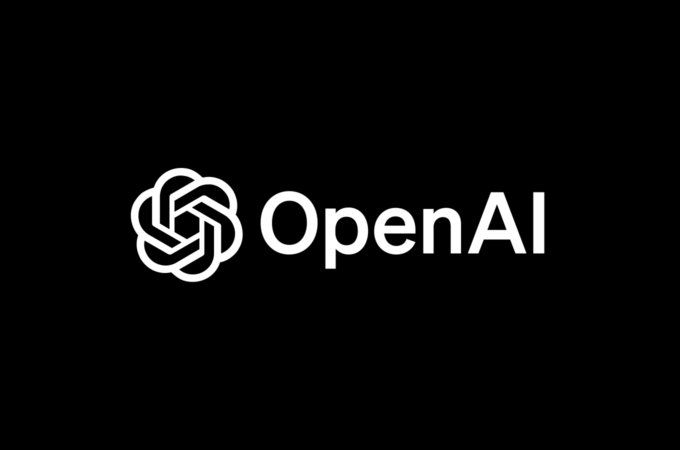
OpenAI Weighs Restructuring as Key Executives Depart
In a significant shift for one of the most influential players in artificial intelligence, OpenAI is reportedly considering a major restructuring of its core business into a for-profit benefit corporation. This move, if implemented, would mark a departure from the company’s current structure, where a nonprofit board controls its main operations.
According to sources familiar with the matter, the proposed changes would see OpenAI’s nonprofit arm retaining a minority stake in the for-profit entity. This restructuring is seen as a strategic move to make the company more attractive to investors, potentially paving the way for increased funding to support its ambitious AI development goals.
The news comes amid a series of high-profile executive departures from OpenAI. Chief Technology Officer Mira Murati announced her resignation after six and a half years with the company, citing a desire to “create the time and space to do my own exploration.” Shortly after, CEO Sam Altman revealed that research chief Bob McGrew and Barret Zoph, a research vice president, were also leaving the company.
These departures follow a pattern of leadership changes at OpenAI in recent months. In May, co-founder Ilya Sutskever and former safety leader Jan Leike left the company, while another co-founder, John Schulman, departed in August to join rival AI firm Anthropic.
The restructuring discussions and executive exits come at a crucial time for OpenAI. The company is reportedly in talks to raise $6.5 billion in a funding round that could value it at over $150 billion. Venture capital firm Thrive Capital is expected to lead the round with a $1 billion investment, with other potential investors including Microsoft, Apple, and Nvidia.
OpenAI’s journey from a nonprofit research organization to a commercial powerhouse has been marked by both rapid growth and controversy. Founded in 2015 with the goal of developing safe and beneficial artificial general intelligence (AGI), the company added a for-profit subsidiary in 2019 to help fund its research. The launch of ChatGPT in late 2022 catapulted OpenAI to the forefront of the AI industry, sparking a global race in generative AI technology.
However, the company’s growth has not been without challenges. Concerns have been raised about the pace of AI development and its potential risks. William Saunders, a former safety researcher at OpenAI, expressed worry in U.S. Senate testimony about the company’s ability to identify dangerous capabilities in future AI systems.
OpenAI maintains that safety remains a priority, recently announcing that its safety and security committee will become an independent entity. The company stated, “We remain focused on building AI that benefits everyone, and we’re working with our board to ensure that we’re best positioned to succeed in our mission. The nonprofit is core to our mission and will continue to exist.”
As OpenAI navigates these changes, the AI industry and regulators will be watching closely. The company’s decisions could have far-reaching implications for the development and governance of artificial intelligence technologies that are increasingly shaping our world.



